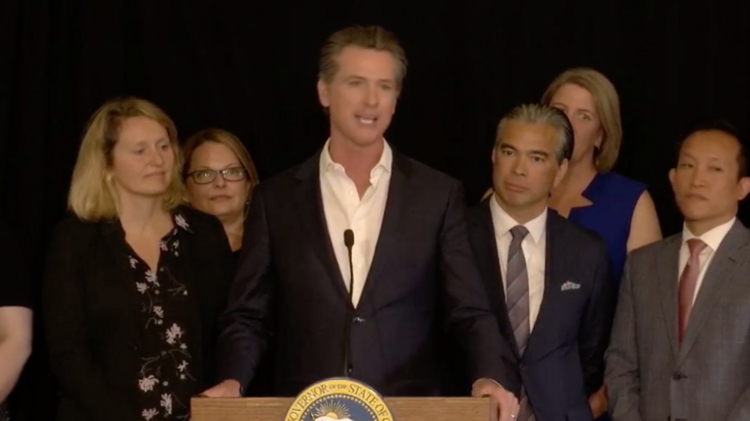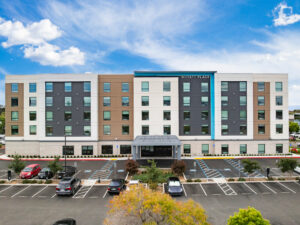Bay Area officials want to purchase your hotel. Here’s why and what you should know
Bay Area officials want to purchase your hotel. Here’s why and what you should know
A new state initiative is granting Bay Area officials about $100 million to purchase permanent housing for the homeless, opening a potential exit route for some struggling hotel owners.
It’s part of Project Roomkey, a project which aims to build on the temporary use of hotels to house the homeless during the pandemic, encouraging counties to buy hotels, motels and apartment buildings for long-term use as supportive housing. As part of his latest state budget, Gov. Gavin Newsom recently said there was $600 million in federal relief funding available to California counties to participate in the program. The state will begin distributing these funds Aug. 13.
But the funding will expire if it’s not used by the end of the year, which has sent officials in at least three Bay Area counties — Alameda, Contra Costa and San Francisco — sprinting to talk with hotel property owners possibly interested in selling, the San Francisco Chronicle reports.
Here are a few of the factors that will help determine how many of these deals get done:
• Budget hotels were already being squeezed, and some are inclined to leave as soon as possible.
Even before the pandemic, hotels in the Bay Area had seen net operating income decline in recent years in spite of rising revenue as the cost of labor — hotels’ consistently largest expense — accelerated. That’s left budget hotels, more dependent on volume of guests, in an especially tight bind as visitor numbers have cratered.
A full rebound is expected to be years away and hotels face higher costs of operating under Covid-19 protocols, especially in San Francisco. It gives budget hotel owners a particularly strong motivation to capitalize on their assets now, especially if the city is willing to offer more than distressed value.
“This is a time for owners (to sell), if they have someone who is going to offer a fair market price and not a Covid price,” said Alan X. Reay, President of Irvine-based Atlas Hospitality Group, a consultancy for hotel buyers and sellers. “I don’t think I’d be talking to any of them who wouldn’t say, let me look at this.”
• Borrowers may be running out of runway.
Another factor pushing hotel owners is the looming possibility of their lenders changing their tune about loan repayments. Reay said banks have mostly deferred payments to this point, taking significant pressure off of hotels that were virtually closed for business over the last four months.
That’s not going to last. Lenders could soon start — in some cases, they may already be starting — to put pressure on hotel owners to make payments or go into default. Or, a bank might put those hotel loans on the market for a so-called “loan-to-own” company that sniffs out such opportunities.
As a hotel owner in that hypothetical scenario, Reay said “I’m going to be super motivated to deal with Roomkey. You’re not dealing with your friendly loan officer.”
“There’s a good opportunity here (for cities) to go to these larger hotels and say, ‘Hey, we’ll take this off the books, you’re going to lose it to the lender anyway.'”
• There’s a lot more at play than a typical real estate deal.
For counties, acquiring a hotel property for these purposes involves much more than the real estate transaction. Local officials need to factor in the costs and infrastructure for staffing, insurance liability and the wrap-around services involved with caring for vulnerable populations. Mayor Breed and city officials have brought up this issue repeatedly in describing the challenges of the temporary program housing vulnerable populations in San Francisco hotels.
• Still, the incentive for city and county officials to buy these assets is in some ways higher than it’s been in decades, Reay said.
Historically there have been tremendous obstacles in converting hotel properties into affordable housing projects — zoning complications, NIMBY resistance, reluctance from local governments to lose the revenue stream of transient occupancy taxes. Project Roomkey sidesteps all of this, delivering both the funds and incentive to move quickly at the same time.
“It’s not a good situation to be in from a hotel owner’s standpoint,” Reay told me. “But for a city or state looking to pick up assets? It’s probably the best time in 30 years.”



